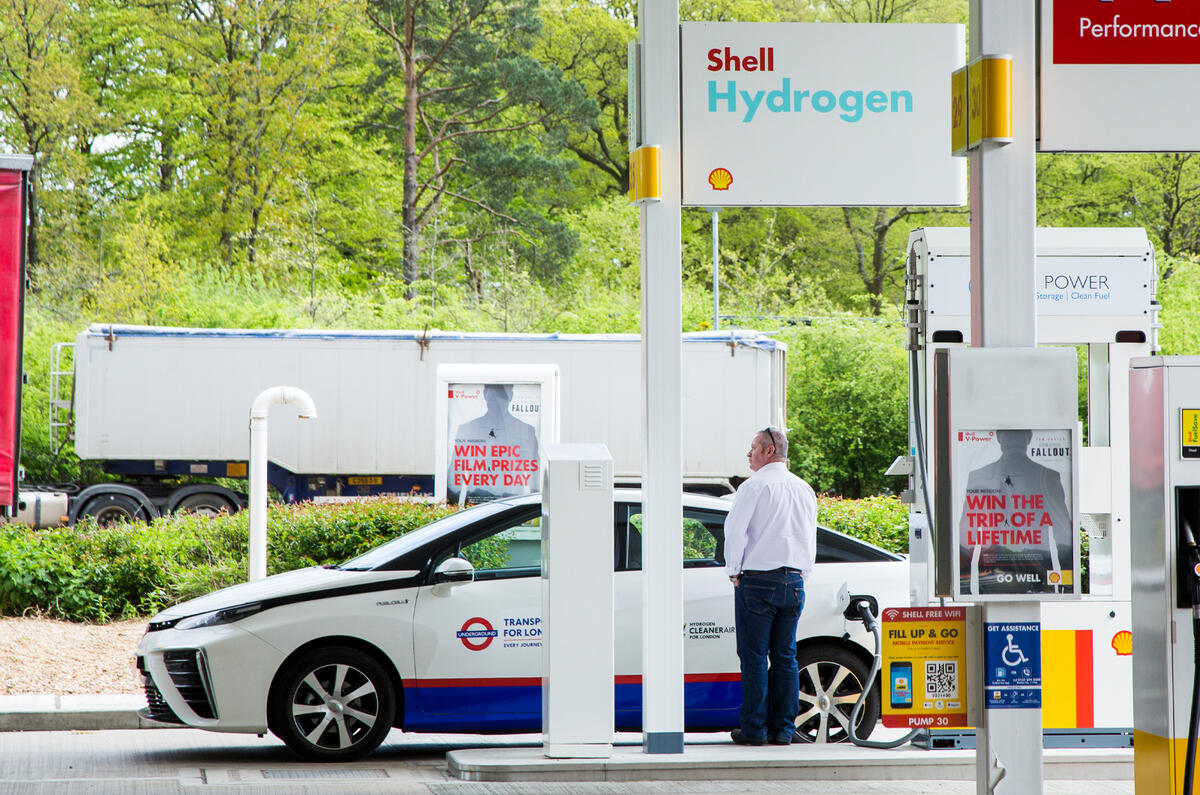News emerged recently that Toyota and Hyundai plan to sell private fuel-cell cars in China for the first time.
There wasn’t much press ballyhoo, and Toyota doesn’t even seem to have issued a press release, probably because the launch of the Toyota Mirai and Hyundai Nexo is very modest, initially around 50 cars per year.




Add your comment